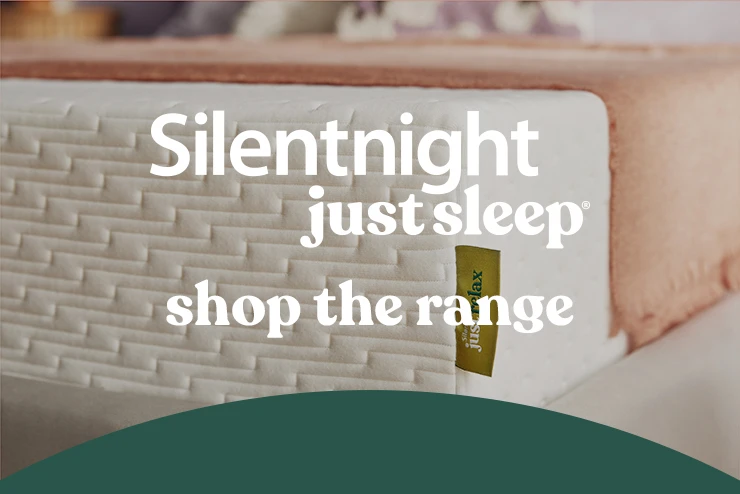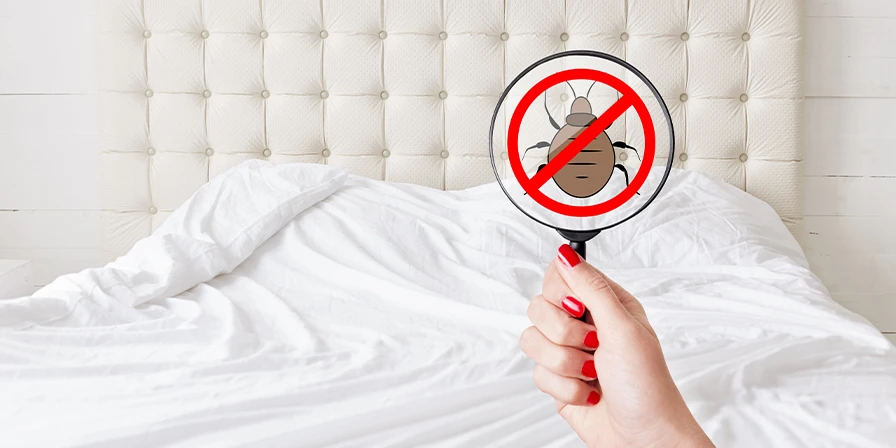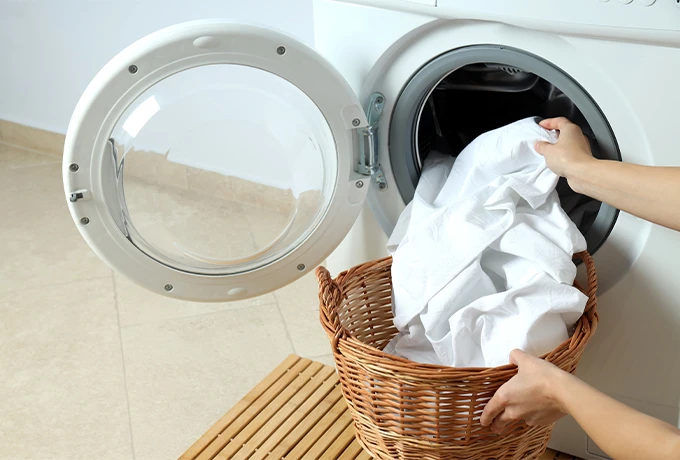Download a new browser







try it out for a year

choose from 7 rolled mattresses

delivered in 48 hours
shop by size
shop by range
UK's most trusted sleep brand

Handmade in the UK

multi award-winning mattresses
shop by type
buying guides
UK's most trusted sleep brand

multi award-winning mattresses

rigorous safety testing
shop by type
get cosy
UK's most trusted sleep brand

FREE UK delivery over £49

rigorous safety testing







try it out for a year

choose from 7 rolled mattresses

delivered in 48 hours
shop by size
shop by range
UK's most trusted sleep brand

Handmade in the UK

multi award-winning mattresses
shop by type
buying guides
UK's most trusted sleep brand

multi award-winning mattresses

rigorous safety testing
shop by type
get cosy
UK's most trusted sleep brand

FREE UK delivery over £49

rigorous safety testing
 free delivery over £49
free delivery over £49
 Klarna available
Klarna available
Healthy Sleep
8 min read
written by Simon Anthony
updated 23.10.2023

Bedbugs – we’ve heard all about them in the news recently and it’s safe to say they’re definitely not a guest we want in our homes. Bedbugs are unwelcome guests that can disrupt your peaceful sleep at home, causing a lot of discomfort. To ensure a peaceful, bite-free sleep, and safeguard your home from these persistent pests, it's crucial to learn effective bedbug prevention strategies. Let’s take a look at what you can do to prevent bed bugs and keep them away from your home.
If you think you may have bedbugs, or you want to make sure you don’t, your first check needs to be your bed. Inspect the mattress and bed frame and keep an eye out for live bedbugs, small reddish-brown critters, or their shed skins. Check your bedding for tiny dark spots which are telltale signs of bedbug activity. Also, check your body for any bites – these may look like small, flat or raised areas that become inflamed, itchy, red or blistered. The BBC have quoted a pest controller who has said “A bedbug would normally bite around the torso and legs, whereas bites just below the knee were likely to be a flea.” Don't forget to look into your furniture, especially the cosy spots. Try using a torch to search nooks and crannies, like wall joints and baseboards, where these sneaky pests like to hide. And after a trip, give your luggage and clothes a thorough once-over. If you suspect an infestation, don't hesitate to bring in a pest control pro. Regular checks and early detection are best for keeping your home bug-free.
You may be wondering how to avoid bedbugs, but whilst we can’t guarantee this completely, here are our top bedbug prevention tips to keep the risk minimal.

Put affected clothes and bedding in the freezer - The idea behind freezing is to kill bedbugs and their eggs by subjecting them to extremely low temperatures.
Wash bedding and clothes – when washing your bedding and clothes that may have been affected, make sure you use hot temperature water and tumble dry, if you can, using a hot setting for at least 30 minutes.
Vacuum your house – make sure you vacuum your house thoroughly to physically remove these pests and their eggs from surfaces, disrupt their hiding spots, and help with early detection.
Clean your beds and mattresses – make sure you carry out a thorough clean of your bed and mattress at least once a month. We have a handy guide here that will show you the steps you need to take for a deep clean.
Use lavender oil – lavender oil deters bedbugs as it masks their scent pattern, told an entomologist to BBC Three Counties Radio.
Unpack bags downstairs – a pest controller told the BBC that after travelling, you should unpack your bags downstairs rather than unloading everything onto your bed. You should then wash all of your clothes before taking them upstairs.
Some other handy tips from the NHS include:
Don't store items under your bed – to eliminate a potential hiding place for the bedbugs, reducing the likelihood of infestation and making detection easier.
Remove clutter from the floor – again, to eliminate potential hiding spots.
Dust mite-proof encasements - to provide a protective barrier, making it difficult for bedbugs to infest.
Vacuum regularly – to physically remove the bedbugs and eggs from surfaces.
Keep clothes off the bed – to eliminate potential hiding spots and transferring of bedbugs.
Inspect your lodging area – always thoroughly check for infestations using our tips mentioned above.
Keep your bed sheets off the ground - to eliminate potential hiding spots and transferring of bedbugs.
While mattress covers can’t guarantee you won’t get bedbugs, they are a great option when trying to prevent them. However, it's essential to choose a high-quality mattress cover that’s tightly woven, zipped and completely encases your mattress to ensure you’re creating a barrier that bedbugs can't easily penetrate. Mattress covers can not only help prevent bedbugs from infesting your mattress but also make it more challenging for them to find hiding spots. Alongside using a mattress cover, also make sure you’re using our other prevention tips to help keep them at bay.
As we’ve mentioned, completely avoiding bedbugs isn’t a guarantee, but doing all we can to prevent them in our home is something we should all be doing to ensure we’re sleeping in a clean environment, limiting the risk of bedbugs. Follow our top tips, as well as the tips of others sourced, and you’ll be in the ideal position to prevent those pesky pests!
Add another item to compare
Add another item to compare
Add another item to compare
Add another item to compare